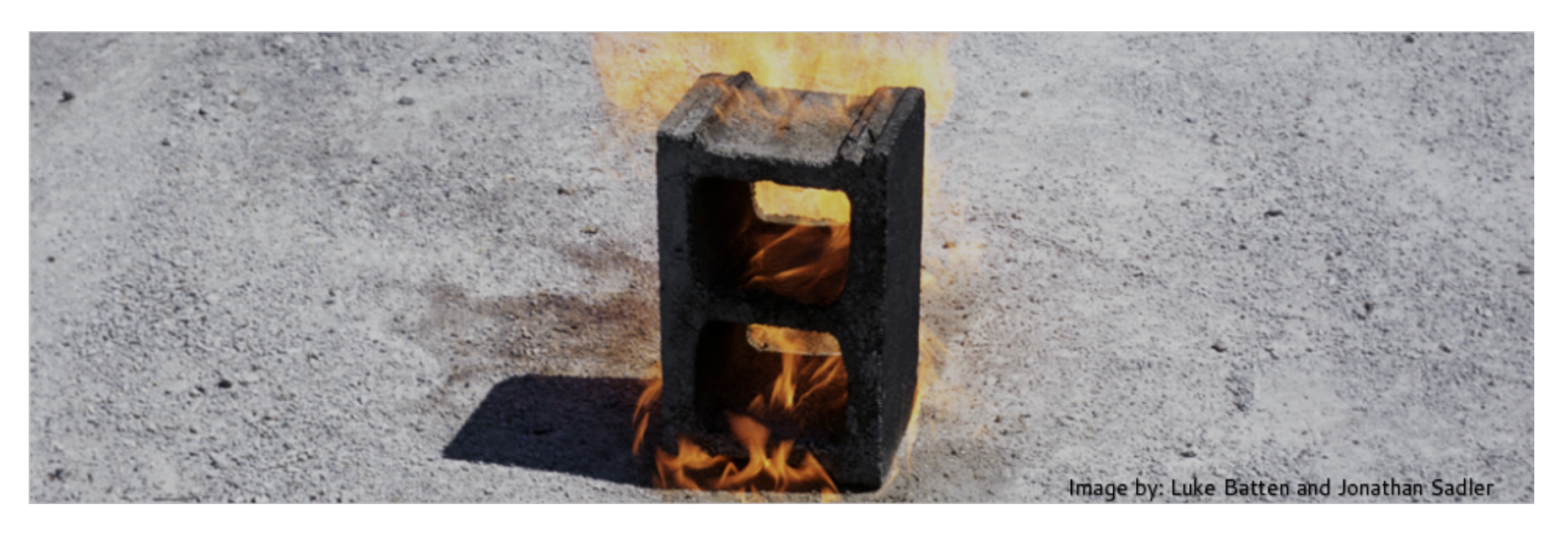Dilara Çalışkan will earn her Ph.D. in Anthropology from UIUC in the Summer of 2023, writing a dissertation entitled: 'A Big Family of Bad Bad Bad Girls': Memory, Language, and Kin-Making Among Trans Women who do sex work in Istanbul, under the direction of Jessica Greenberg and Jenny L. Davis. I [Brett] got to know Dilara because she has been an energetic, active member of the HGMS community. Between Fall 2018 and Spring 2021 Dilara was the co-organizer (with Claire Baytas) of the interdisciplinary reading group the Future of Trauma and Memory Studies. She helped organize the annual HGMS graduate student conference for the past five years, she actively participated in the Mnemonics summer school, and she was a big part of the annual Armenian genocide commemorations, especially in 2017 for the Spaces of Remembering the Armenian Genocide Conference. Dilara also participated in the stellar collection Women Mobilizing Memory.
I am thrilled to announce that, starting in Fall 2023, Dilara will be an Assistant Professor at NYU Gallatin in Gender and Sexuality Studies. Because I’m teaching the Professionalization Seminar this semester, I thought it would be great if Dilara could tell us a little about the application process. We’re so delighted for her and wish her all the very best in her future career at NYU!
BK: Tell us about your dissertation.
DC: My research is an ethnographic exploration of how trans mothers-daughters creatively compose spaces to challenge normative understandings of memory, kinship, and language within social and material forms of marginalization. I mainly focus on material and affective circulations of memory across time and space among trans mothers and daughters within and across different urban settings of Istanbul. By tracing daily interactions and narratives of trans mothers-daughters, I analyze how trans women form creative politics of memory and challenge normative conceptualization of “inter-generational” transmission of memory that takes the cis/heteronormative interrelatedness between kinship, time, and language for granted. By weaving together the narratives and practices of trans women who do sex work in Istanbul, I reveal how alternative lineages can be formed through matrilineal kin ties based on shared experiences of trans womanhood and collective practices in response to abandonment and violence.
BK: What was the application, interview, and campus visit experience like for you? What questions did they ask in the interview?
The application process started with the submission of a cover letter, in which I talked about my research and the academic and activist background that motivated me to ask the questions that I was working on in my dissertation. After submitting the cover letter, the committee asked for further materials regarding my research, teaching experience, and a list of suggested seminars with brief descriptions. Then I received an invitation for a Zoom interview with the selection committee.
During the interview: For the research discussion, they were interested to know not only the details of my scholarship but how I was positioning my work in conversation with other scholarships within my fields. There were interested in learning how I was seeing my work fitting within and contributing to the faculty and curriculum of Gallatin.
For the teaching discussion, they were interested to know more about what I was prepared to teach (range of subjects) and my approaches to teaching. And because advising is particularly important at Gallatin School of Individualized Study, they wanted to learn more about any of my experiences with helping students to think more clearly about curricular choices, interdisciplinarity, and individualized study.
At the end of the interview, they asked me if I had questions for them. I asked how they were supporting junior faculty in terms of research and also mentorship. I was also curious to know more about the collegial culture regarding collaborations across disciplines and faculty members.
BK: What were the components of the campus visit? (Did you teach a class, meet with students and faculty, etc.).
The campus visit started with a brief tour of the school. Followed by a meeting with a group of faculty members. The meeting with the faculty was followed by the job talk. I wasn't expected to give a teaching demo, but after the job talk, I had an hour-long meeting with undergraduate and graduate students. After the meeting with the students, I met with another group of faculty members, and finally, there was a dinner with the selection committee.
If anyone would be interested in knowing more about the process (via phone call or Zoom) or would like to take a look at my application materials, I would be more than happy to talk and share.
BK: How has HGMS shaped your time at UIUC?
DC: Even before beginning my doctoral studies in the Anthropology Department in 2016, I knew that I would join and be a part of the Initiative for Holocaust, Genocide, and Memory Studies. At the time, I did not know how central HGMS and its tremendous community would become in my intellectual development throughout the years. Organizing events with Helen Makhdoumian, such as Spaces of Remembering the Armenian Genocide, co-directing the Future of Trauma and Memory Studies reading group with Claire Baytas, planning the Holocaust, Genocide, Memory Studies Graduate Symposiums, and all the other events that I was part of gave shape to how I conceptualize and theorize memory. During my time at HGMS, I did not only join the ongoing debates within Memory Studies, but I also learned how to become an interdisciplinary scholar and open spaces for critical approaches across disciplines. Finally, and maybe most importantly, I learned and experienced the value of mentorship. I am grateful for the continuous and patient support and guidance of Brett Kaplan, and looking forward to the future collaborations that we will keep building. Lastly, I would like to share my gratitude for Dara Goldman. I am one of the lucky students who had the chance to meet her, know her scholarship, and have her support as a mentor.

